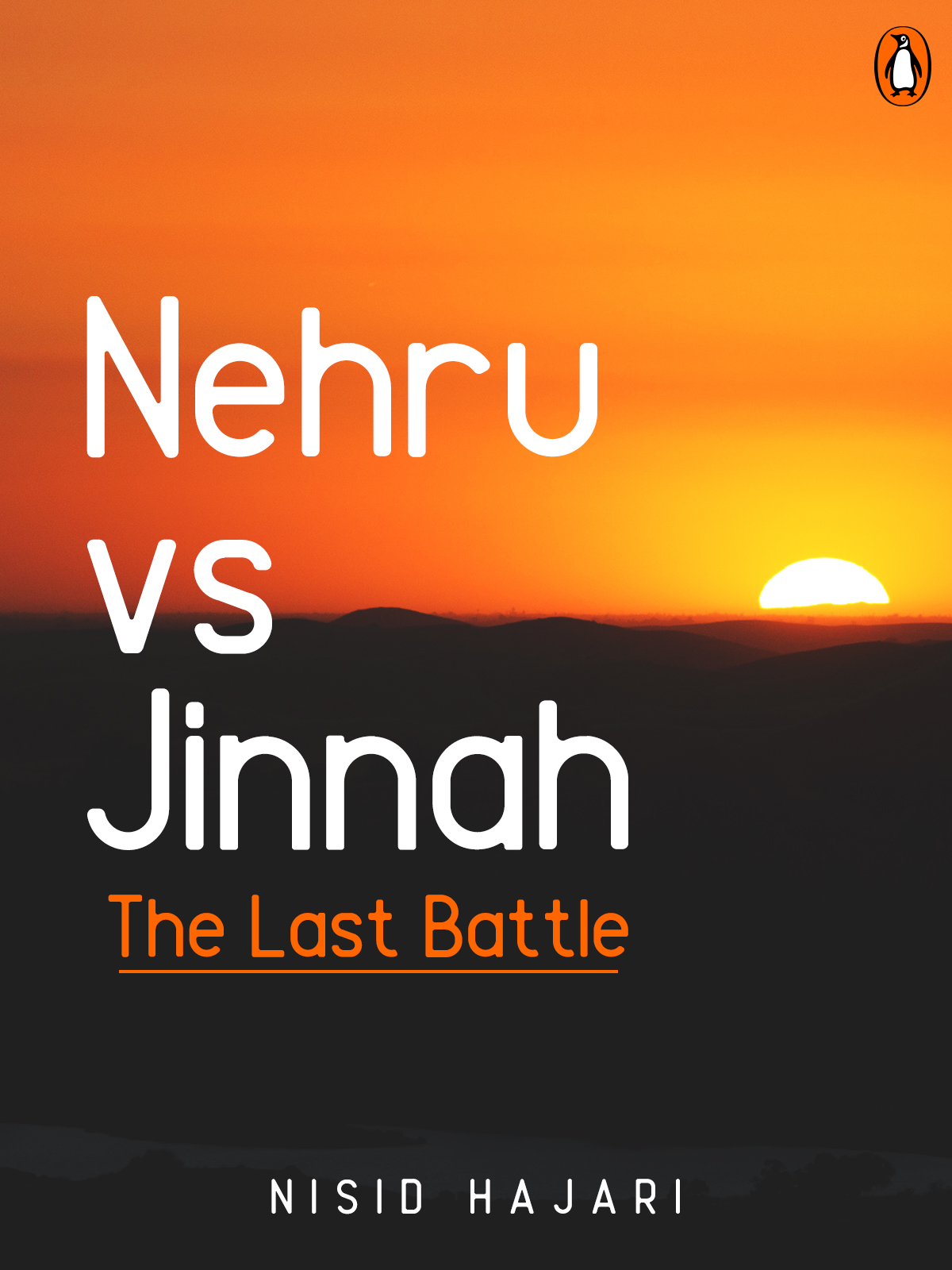
© 2020 Penguin India

One minute before midnight on 1 January 1949, Nehru’s long battle with Jinnah ended. However, the rivalry they had bequeathed to their nations, and the world, had barely begun.
Even as Gandhi went on a fast until communal violence ended, Nehru and Jinnah were fighting their own battles on behalf of their countries, facing problems they hadn’t anticipated. Meanwhile, Kashmir was – and still remains – the roadblock to better relations between India and Pakistan. With Gandhi’s subsequent demise being projected as the death of a martyr, things were far from improving.
In this brilliantly detailed essay, Nisid Hajari explores the extent to which India’s and Pakistan’s early leadership defined the futures the two nations would eventually live through.
Imprint: Penguin
Published: Aug/2017
Length : 10 Pages
MRP : ₹15.00
Imprint: Penguin Audio
Published:
ISBN:
Imprint: Penguin
Published: Aug/2017
ISBN: 9789386815637
Length : 10 Pages
MRP : ₹15.00
One minute before midnight on 1 January 1949, Nehru’s long battle with Jinnah ended. However, the rivalry they had bequeathed to their nations, and the world, had barely begun.
Even as Gandhi went on a fast until communal violence ended, Nehru and Jinnah were fighting their own battles on behalf of their countries, facing problems they hadn’t anticipated. Meanwhile, Kashmir was – and still remains – the roadblock to better relations between India and Pakistan. With Gandhi’s subsequent demise being projected as the death of a martyr, things were far from improving.
In this brilliantly detailed essay, Nisid Hajari explores the extent to which India’s and Pakistan’s early leadership defined the futures the two nations would eventually live through.
Nisid Hajari is the Asia editor of Bloomberg View. He had earlier spent a decade as foreign editor and then co-editor of Newsweek. He is a member of the Council on Foreign Relations.